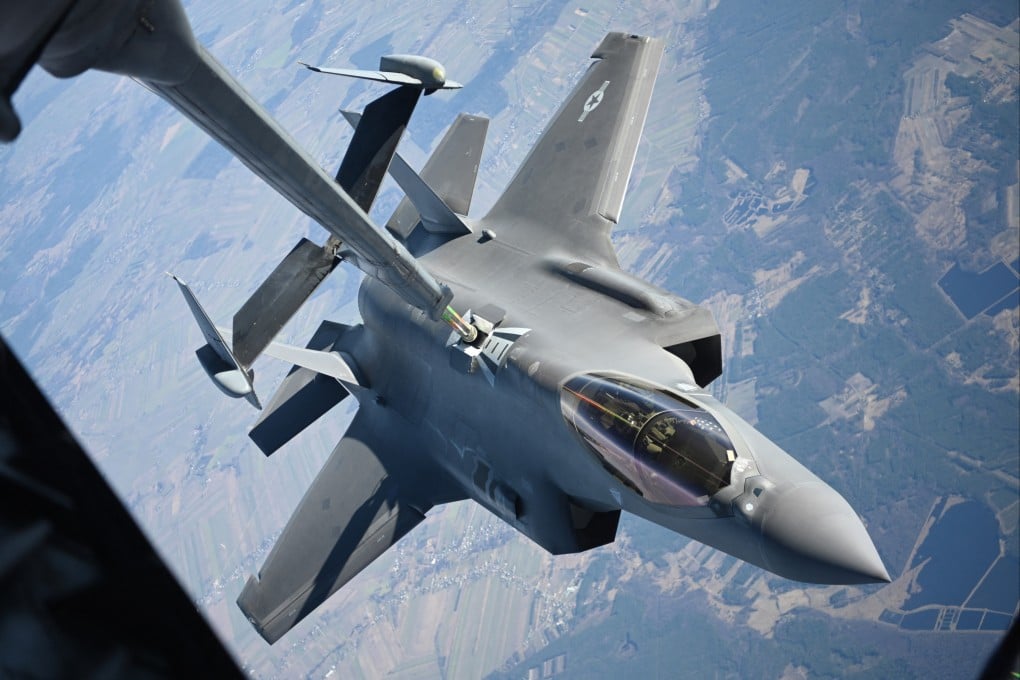Military analysts blame US cold war sentiment for halted delivery of F-35 fighters containing Chinese alloy
- A magnet in the F-35’s turbomachine was found to be made from cobalt and samarium alloy from China
- Decision ‘does not bode well’ for China-US relations and Pentagon’s approach suggests US military is pulling China into a new cold war: academic

“The pausing of [Lockheed Martin Corp’s] F-35 is not related to security issues [on the jets], but it is the worst scenario caused by clashes between the two superpowers,” said Macau-based defence observer Antony Wong Tong, who added that the cost of the F-35 could increase because of the new regulations.
“[Aircraft manufacturers] should do rigorous tests before adopting the alloy to make sure of its safety and quality. The problem is, it will take time to find new sources for replacements, which may increase costs and contradict the Pentagon’s request to keep the F-35’s production cost down.”
Earlier reports from Bloomberg and the American website Defense News reported that the Pentagon and Lockheed Martin had said the decision was aimed at ensuring the F-35 project complied with defence regulations “pertaining to specialty metals”.
Deliveries were suspended after Lockheed Martin on Wednesday confirmed a magnet in the F-35’s turbomachine – an engine component made by Honeywell that provides power to its engine-mounted starter/generator – was recently found to have been made with cobalt and samarium alloy from China, Defence News reported on Thursday.
Lockheed Martin said magnets on F-35s already delivered would not be replaced with non-Chinese materials because the Pentagon had determined that the magnets were safe for flight and did not put sensitive programme information at risk, the report added.
Pentagon spokesman Russell Goemaere said the pause would not interfere with the operations of F-35s already delivered to the US military and partners abroad because “the magnet does not transmit information or harm the integrity of the aircraft and there are no performance, quality, safety or security risks associated with this issue,” according to Bloomberg.
